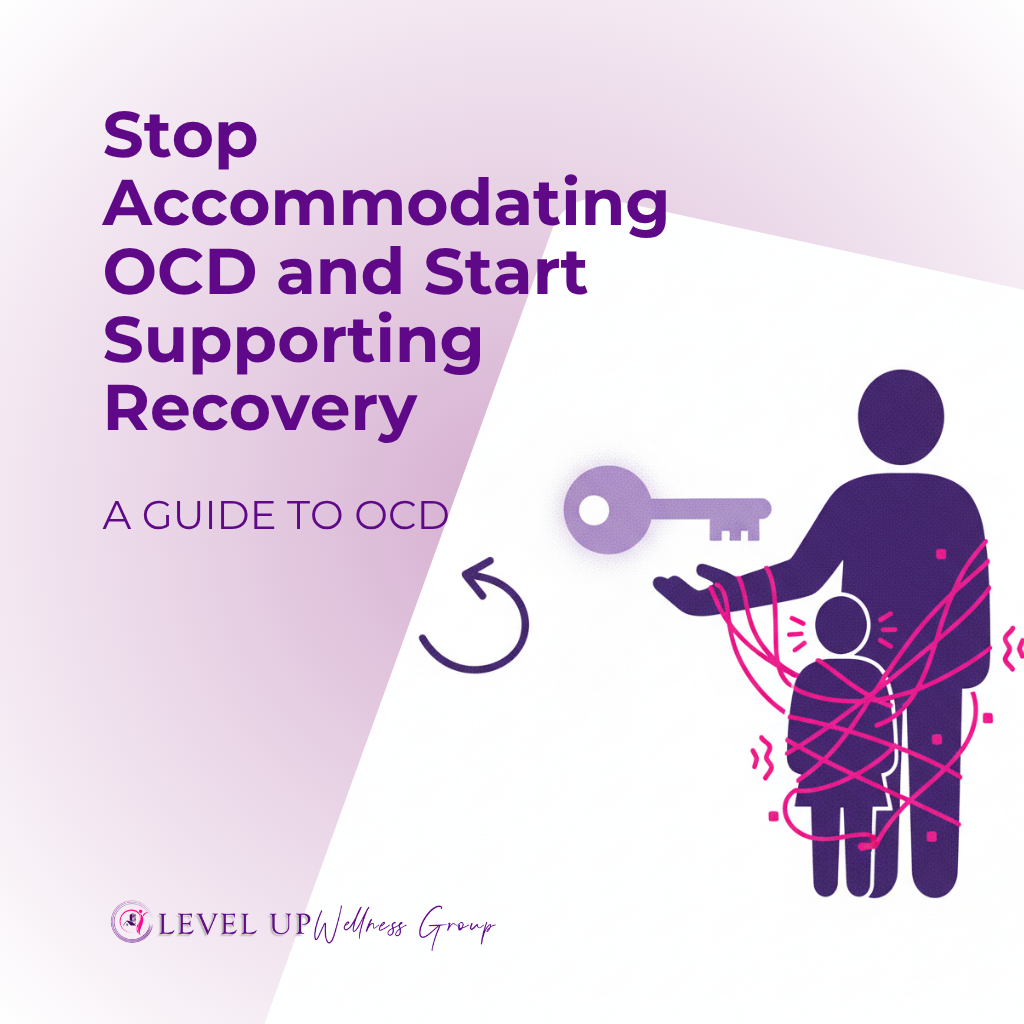As I continue to crawl along with my PhD, I reflect on what my next career avenue will be. If I am being honest, I have probably applied for about 50 or so jobs in the past year (maybe even more). I have a folder on my computer where I have started to keep my applications. and I have also started to compile the gender composition of the hiring panel.
The reason why I think about not feeling valued or challenged in my current role is simple – I’ve outgrown it. But, I can’t help but wonder what is preventing me from landing the “next” role. I start to wonder about the Queen Bee phenomenon. If you’re not sure what I am referencing, take a look at my earlier post on this. I also start to wonder about the “sticky floor” phenomenon that keep women at entry level management positions.
When I reflect on the last 20 years of my career and the times that I have landed a “vertical advancement” opportunity, the interview panel has been a mixture of females and males. In the past 2 years, the panels has been exclusively female. Am I experiencing the queen bee phenomenon during the interview process?
How many other women can relate to this story? Why do women see other women as a threat?

Women Supporting Women
Check out this youtube video on the queen bee:





